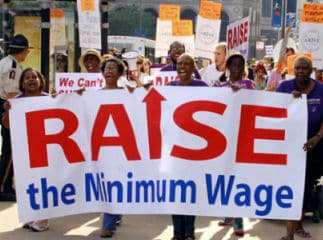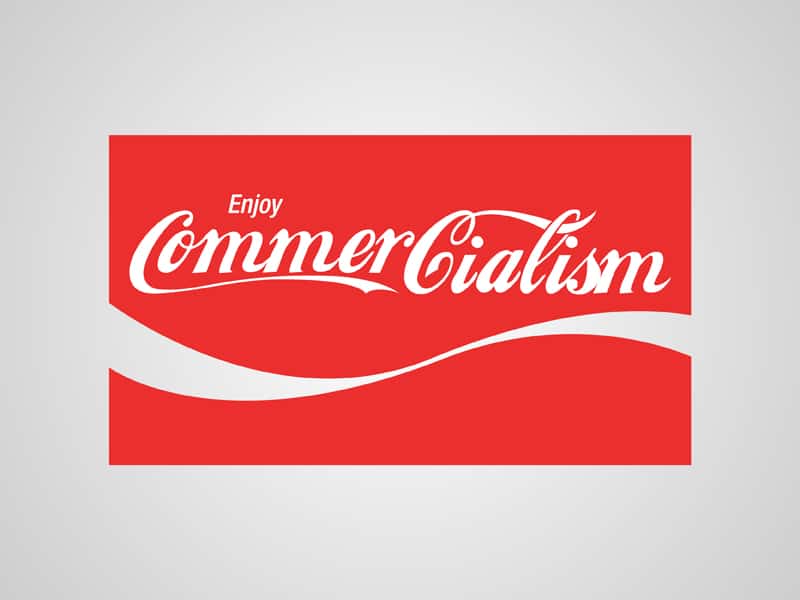Small Businesses
Small businesses are the backbone of our economy, so far as many are concerned. With the taxing of businesses and income inequality on our minds a lot of people are talking about how it’s hard for small businesses to succeed. In a way it’s been up for debate even going back to right before Barack Obama got elected in 2008 with “Joe the Plumber”, if anyone remembers him. So what makes it so hard out there for local people who open businesses in their neighborhoods to survive? Is it big government taxes, monopolies, poor locations, or big players like Walmart that force them out? Maybe a combination of all of those things and a few more? Probably. But let’s try and take a look at the types of small businesses that commonly fail.
When it comes to suburban areas in which I’ve lived and that I’ve frequently visited over the years the most commonly found small businesses would be convenient stores and restaurants. Across America as well, one could assume that these would be the most attempted businesses for small-town entrepreneurs. Think about it – snacks, beverages, tobacco products, and sit-down meals are things that a lot of people enjoy, right? So why wouldn’t these locations thrive? Well, the truth of the matter is that when the market becomes saturated with certain types of products, services, and even businesses, they all tend to lost their value and appeal. In a neighborhood that already has a handful of convenient stores, a mom-and-pop corner store is going to be a tough business to run. Similarly, in an area with a number of family-owned restaurants it might be difficult to enter the market by opening your own and hoping it gets all the business. This can be even more difficult due to the prevalence of corporate chain eateries throughout the US as well.
So should entrepreneurs toss aside the notion of opening a brick-and-mortar businesses all together? Not necessarily. Now, the online market is a different animal all together, and that’s a different discussion for a different time. But the best thing a traditional business can do to try and corner their local market is to specialize. If you’re going for a neighborhood convenience store, then sell products that some of the others don’t have. Those kind of shops also have to deal with retailers like Walmart and Target selling similar products and possibly lower prices, so they need to give the customer an incentive to shop with them. Offer a unique experience or unique products. If you’re a restaurant owner in a small town don’t have a massive menu with tons of generic dishes like burgers and fish sandwiches. Every little eatery offers run-of-the-mill handhelds. Try a smaller menu with a theme to it – maybe something ethnic or craft. Rather than trying to be like the others who stretch their skills and resources thin in an effort to offer too much, limit your options and use the extra time to make everything that much better.
In my area there are a ton of bars and small restaurants. They’re all pretty similar – most of the restaurants don’t serve alcohol and all have traditional, American comfort food like hot roast beef and mac and cheese (not that there’s anything wrong with that), and the bars all serve cheap beer and are full of loud music and cigarette smoke. About a year ago a new joint opened in a spot that was previously one of the bars I just described. They were immediately different because they were non-smoking and they didn’t play blaring rap music. Now, I do enjoy a cigar from time to time, but the smell of chintzy cigarettes is really unsettling. Past that, they had a good selection of craft beer on tap and in the fridge, as well as a nice selection of spirits and some spruced up, classic cocktails on the menu. They also opened the kitchen to make some pretty good pub-style food. To no one’s surprise, they’re still in business and are doing pretty well. This is proof that if you focus on quality and specialize in something that’s different and sought after in your area your small business can succeed.
Once you have your house in order and you’re making money, paying taxes and reasonable wages for some extra employees if you need them isn’t so hard. It’s easy to blame the government for any failures when you’re paying them money, but imagine how different it’d be for your business if you, say, lived in another country. I don’t imagine there being a huge demand for gastropubs in the developing world. Like it or not, the country wouldn’t be what it is today without the government. Even if you don’t agree with the current administration or where you think the country is going, don’t you think it’s only fair that you pay homage to the system that’s allowing you the opportunity to be a business owner to begin with? If you were living in a mud hut and your village didn’t have running water you wouldn’t even be able to consider opening a business. Steve Jobs and Bill Gates would both be nobodies if they weren’t born in the developed world, sad to say. Also, no one likes paying for anything – but imagine how you’d feel if a customer came into your establishment and refused to pay for your products and services? You wouldn’t go for it, would you?
I’m not saying no small business owner has ever failed solely because they couldn’t afford the taxes they were required to pay, but how many of them do you think made over $250,000 a year? There’s a lot of talk about the raising of tax rates on people who have incomes in and above that range. Do you think this is going to destroy opportunities for everyone who wants to open their own restaurant or bar in a small town? It seems that some people do. I’m not saying the system is the best in any way, let alone specifically for business owners. I’m not even saying it’s entirely fair as it exists today. But try and set yourself up for success from the gate before you hastily open a generic business in a saturated market, only to then fall short of your own expectations and become a political rabble-rouser who wants to abolish the IRS.




